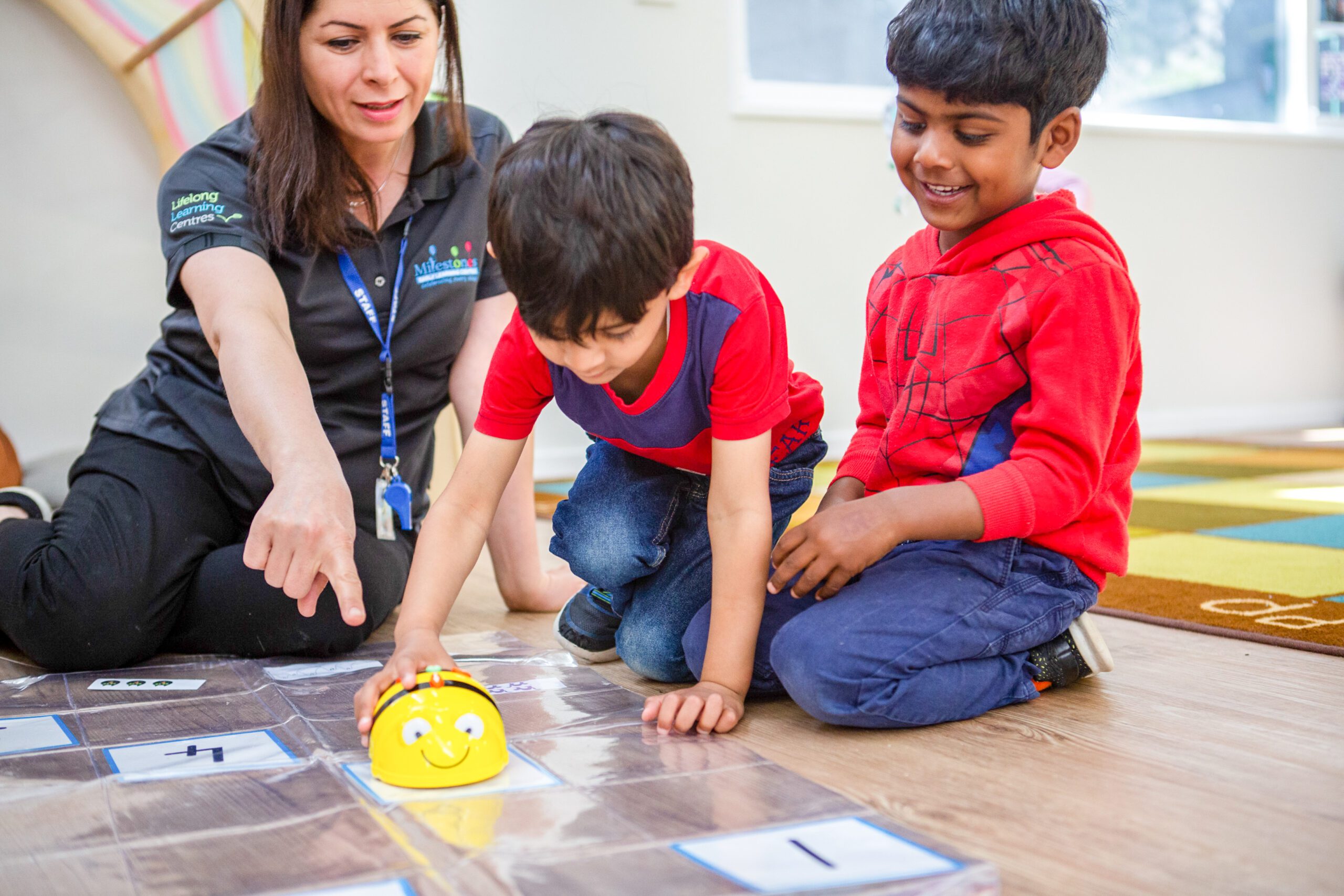
Maths and numeracy skills are foundational to a child's development and success in life. But did you know that these skills can be nurtured right from birth? Engaging in simple, everyday activities can set the stage for a lifelong love of maths. Here are some fun and easy ways to incorporate maths into your child’s early years.
1. Counting Everything Around You
From the moment your baby is born, you can start with the basics of counting. Count their fingers and toes, the steps you take while rocking them, or the toys you play with. As your child grows, involve them in counting objects around the house, like the number of apples in the fruit bowl or the socks in the laundry. Taking a walk through the park? Count the birds you see or leaves on the ground.
2. Incorporate Songs & Rhymes
Songs and rhymes are a fantastic way to introduce numbers and patterns. Classics like "Five Little Ducks" or "Five Little Monkeys Jumping On The Bed" are perfect for this. The rhythm and repetition make it easier for children to remember numbers and sequences.
3. Use Everyday Moments
Turn everyday activities into maths lessons. While baking biscuits for example, involve your child in measuring ingredients. How many cups of flour to we need, how many cups of oats? Let's count together. When tidying up, ask your child to count how many toys they can put away. One block, two blocks, three blocks, four...
4. Play with Shapes & Patterns
Introduce your child to different shapes and patterns through play. Use building blocks, magnetic cubes or even household items like lids and boxes. Talk about the shapes they make and count how many make up a tower. Take the activity outside by using things like leaves, shells or gumnuts collected from your back yard or local park to create patterns.
5. Explore Nature
Nature offers endless opportunities for learning about numbers and patterns. Collecting sticks, rocks, leaves, and flowers can turn into a counting game. Observing patterns in nature, like the arrangement of petals or the symmetry of leaves, can be both fun and educational. Take a bushwalk and count the number of different types of plants or birds you encounter.
6. Engage with Books & Stories
There are numerous children’s books that incorporate counting and other mathematical concepts. Reading stories that include numbers and asking questions about the illustrations can boost your child's numeracy skills. As you're flipping through the pages of Possum Magic by Mem Fox and count the different foods Grandma Poss and Hush eat on their journey.
7. Interactive Apps & Games
Educational apps and games can be great tools for learning. There are many apps designed to teach young children counting, shapes, and basic maths in an engaging way. MathSeeds is a fun, engaging technology-based game available to children aged 3-5 in our School Readiness program. Families with children enrolled in this program receive full access to MathSeeds at no additional charge.
8. Create a Maths-Rich Environment
Surround your child with opportunities to engage with numbers and maths concepts. Display a colourful number chart, have puzzles and toys that involve sorting and counting, and encourage play that involves building and measuring.
Making Maths & Numeracy Fun
Developing maths and numeracy skills in young children doesn’t have to be a formal or daunting task. By integrating simple, fun activities into your daily routine, you can create a rich learning environment that fosters curiosity and a love for numbers. Remember, every moment can be a learning moment, and with these tips, you’re well on your way to nurturing a little mathematician!
At Milestones Early Learning Centres, we’re dedicated to nurturing a lifelong love of learning, and incorporate many of these practices and more into our daily activities to support your child’s growth and development.
